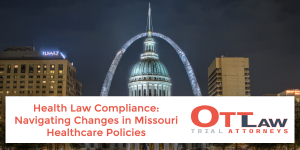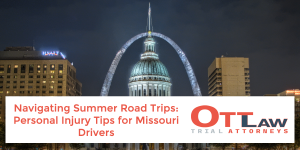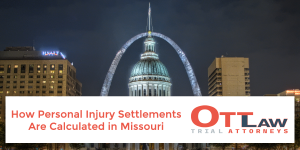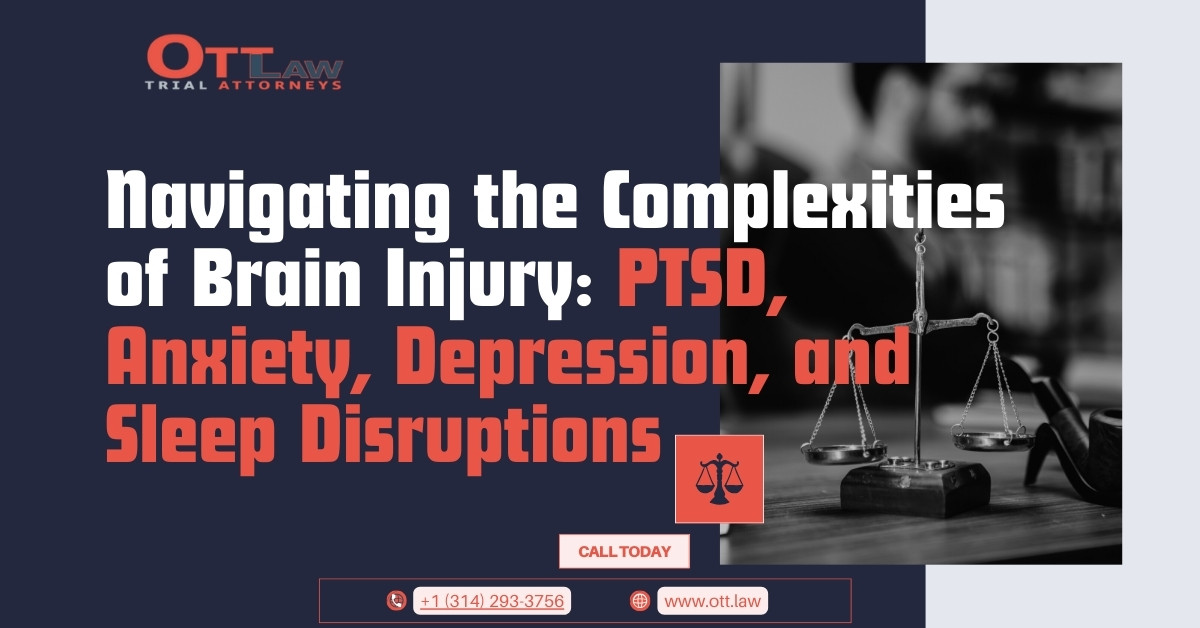Brain injuries, in all their diverse manifestations, continue to baffle and alarm both medical professionals and affected families. Traumatic Brain Injuries (TBI) don’t just result in physical or cognitive disruptions; they can unleash a spectrum of psychological and emotional challenges. From PTSD and anxiety to persistent sleeping disorders, understanding these intertwined afflictions is pivotal for holistic rehabilitation.
1. Post-Traumatic Stress Disorder (PTSD):
PTSD is a frequent companion of brain injuries. Patients often grapple with recurrent nightmares, exaggerated startle reflexes, flashbacks, and even behavioral avoidance strategies. It’s not uncommon for mild TBI patients to display these symptoms, even if they didn’t experience a loss of consciousness (LOC).
2. Depression: The Silent Battle
Depression often lurks in the shadows of a TBI, affecting a staggering 25-30% of patients with mild TBI, persisting even a year post-injury. The prevalence of depression can fluctuate vastly, with reports ranging from 11% to a startling 77%. The melancholic weight of depression can significantly diminish the quality of life, casting a pall over recovery efforts.
3. Anxiety:
Anxiety, often misdiagnosed or overlooked, can escalate post-concussive symptoms, further complicating the diagnostic and recovery processes.
4. Sleep Disturbances: The Overlooked Struggle
Sleep, often taken for granted, becomes an elusive luxury for many TBI patients. Disrupted sleep patterns plague 36-70% of these individuals, intertwining with cognitive, emotional, and behavioral challenges. The inability to attain restorative sleep can profoundly influence recovery trajectories, exacerbating other symptoms and diminishing overall well-being.
Conclusion:
Brain injuries aren’t confined to the visible scars or evident cognitive impairments; they often extend tendrils into the psychological realm, ensnaring the individual in a web of emotional and mental challenges. Recognizing and addressing these intertwined afflictions is crucial for holistic rehabilitation and the overall well-being of TBI survivors.
For those seeking guidance, especially in the legal realm, about navigating the challenges post-TBI, reach out directly at our mobile number, click here +13142933756, or email us at joe@ott.law. We’re situated at 3544 Oxford Ave, Maplewood, MO 63143, United States, and are always ready to assist.














